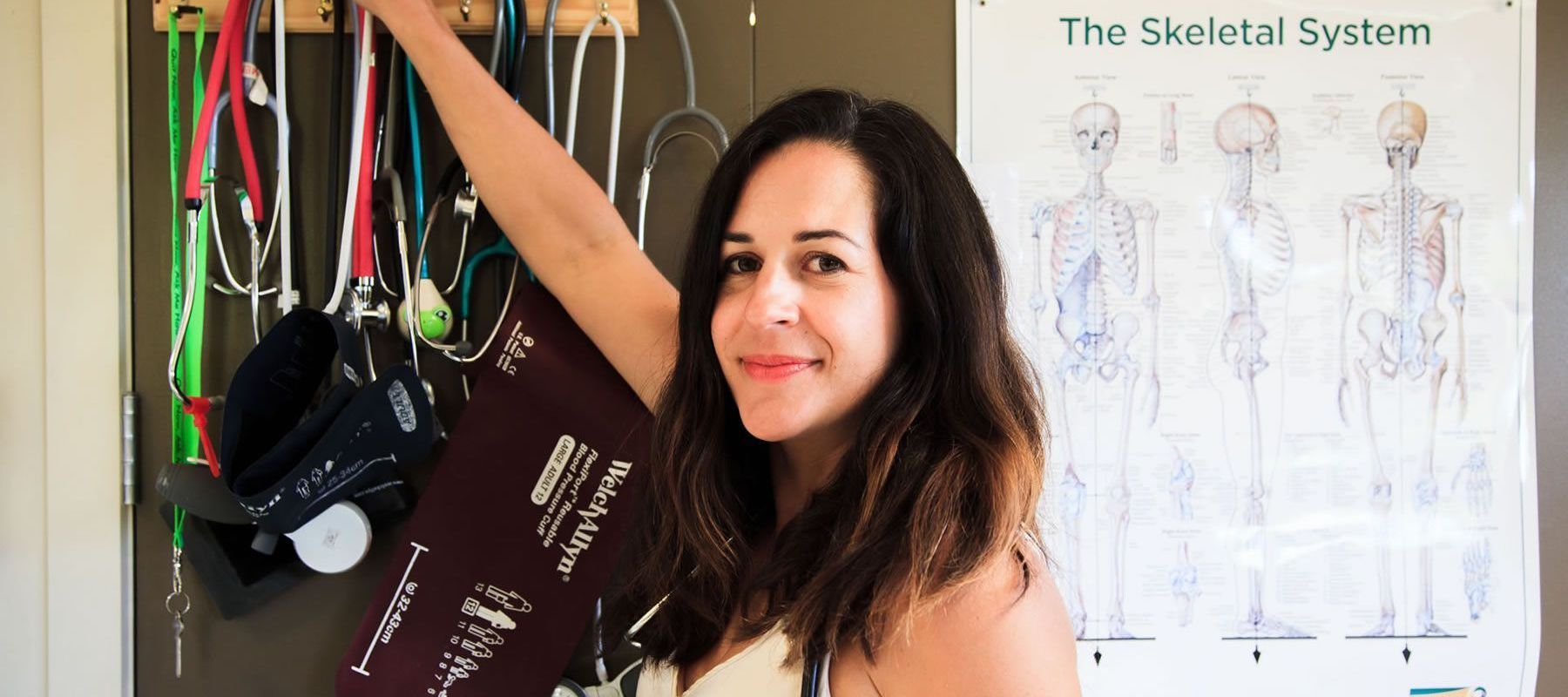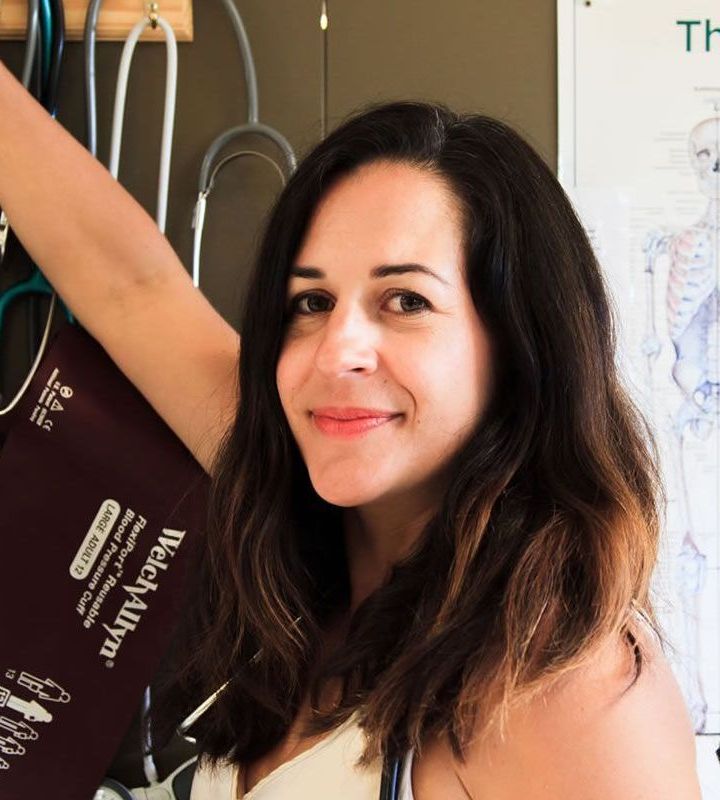CVRA Clinic
Cardiovascular Risk assessment
Heart disease
Your heart pumps blood around your body through your arteries and veins. The blood contains oxygen and nutrients that keep your body working. When there’s something wrong with your heart or blood vessels, it’s known as heart (cardiovascular) disease.
Heart attack
A heart attack occurs when blood flow to a section of the heart muscle becomes blocked. If the blood flow is not restored quickly, the section of the heart muscle dies.
Heart attack symptoms
Pain in the centre of your chest is the most common symptom of a heart attack.
If you’re having a heart attack, you may feel pain in your:
- chest (can be mild to severe)
- jaw
- neck
- shoulder.
You may also get other symptoms, such as:
- sweating
- feeling dizzy or faint
- vomiting
- being short of breath.
You may not feel any pain.
If you think you or someone else may be having a heart attack, call 111 straight away. Early treatment can save your life.
Angina
Angina occurs when your heart muscle does not get as much blood and oxygen as it needs. It is a sign of heart disease, however it can be treated.
Angina symptoms
Angina usually occurs when you’re exercising.
Symptoms include:
- tightness or pain in your chest that may come and go
- sudden difficulty breathing
- pain between your shoulder blades
- chest pain spreading to your jaw, teeth or earlobes
- heaviness, tingling or aching in your shoulder or arm (usually on the left side).
If you’ve had any of these symptoms, talk to your GP or nurse. Call us on 07 2811406
The Ministry of Health is grateful to The Heart Foundation for permission to link to its websites.
Heart and diabetes checks
Heart disease and diabetes kill more than 6000 New Zealanders each year, and many of these deaths could be avoided.
The heart and diabetes checks have been established to help save these lives – the More Heart and Diabetes Checks Health Target aims to have regular heart and diabetes checks for at least 90% of those at risk of developing these conditions.
The relationship between diabetes and heart disease (also known as cardiovascular disease or CVD) has been recognized for a long time.
What is a heart and diabetes check?
A heart and diabetes check works out your risk of having a heart attack or stroke in the next 5 years. It also tells you if you have diabetes or pre-diabetes (where your blood sugar levels are higher than normal but not high enough to be called diabetes).
The check will let you know what your risk is and give you the chance to talk to your doctor or nurse about ways to improve your health and lead a healthier life.
Your family doctor or nurse will:
- ask about your risk factors such as smoking, exercise and diet
- ask if there is any family history of heart attack, stroke or diabetes
- measure your blood pressure, height, weight and waist
- test your cholesterol and blood glucose levels (for diabetes).
After considering all the risk factors, your doctor or nurse will calculate your risk of having a heart attack or stroke over the next 5 years.
It's quick, painless and it might just save your life – so go on, call your family doctor or nurse for a heart health and diabetes check.
When should I have a heart and diabetes check?
You should get a heart and diabetes check if you are in one of these groups:
- Māori, Pacific and Indo-Asian men over 35 and women over 45
- European men over 45 and European women over 55
- you have a family history of heart problems.
More information about heart and diabetes checks and heart disease is available through the Heart Foundation website.


